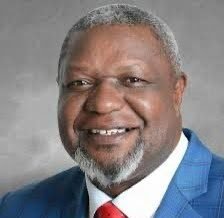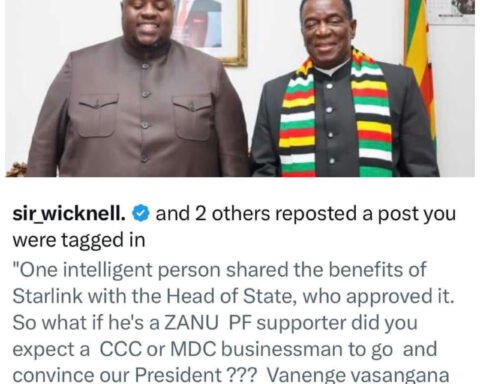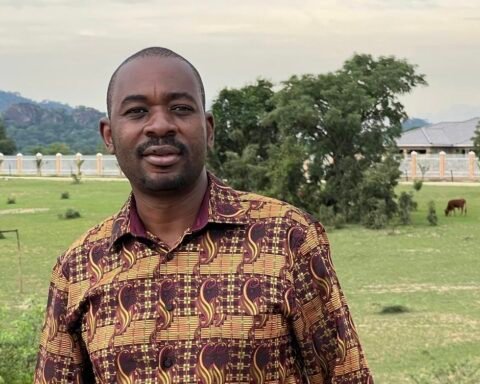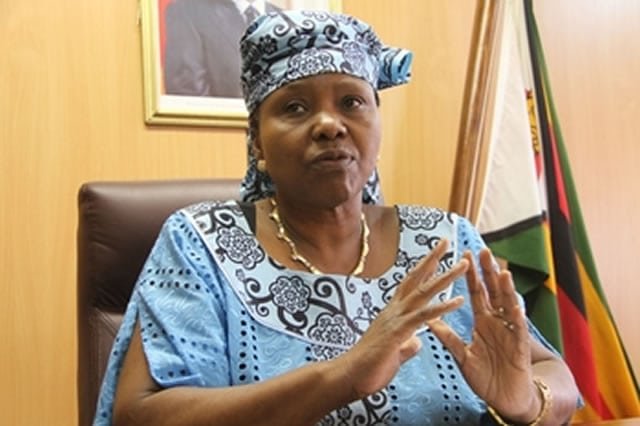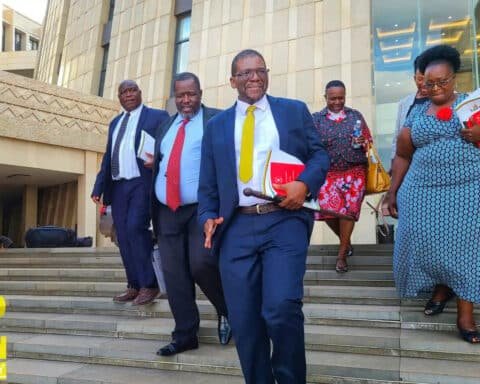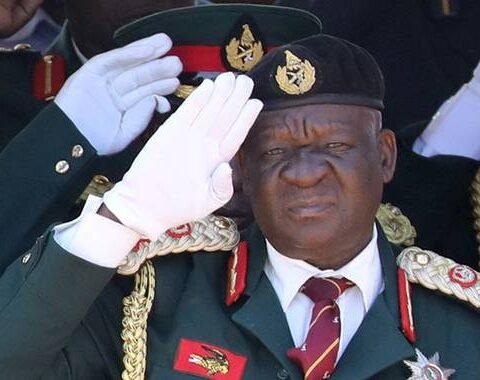Nelson Chamisa, the opposition politician in Zimbabwe, has reignited efforts to address the electoral dispute stemming from the August 2023 polls by engaging with the Southern African Development Community (SADC). NewsDay has learned that discussions are underway between Chamisa and SADC, seeking a resolution to the contentious issue.
Chamisa, who lost the election for the second time to President Emmerson Mnangagwa, has consistently contested the legitimacy of the results. Mnangagwa was declared the winner with 52.6% of the vote, while Chamisa garnered 44%, according to the official announcement by the Zimbabwe Electoral Commission. Refusing to recognize Mnangagwa as the rightful leader of Zimbabwe, Chamisa labeled the election as a “gigantic fraud.”
The SADC election observer mission echoed concerns about the electoral process, stating that the Zimbabwean elections fell short of regional and international standards for holding free, fair, and credible polls. Chamisa’s attempts to engage with Mnangagwa directly regarding the electoral dispute have been met with resistance, prompting him to seek intervention from SADC.
Sources indicate that Chamisa has been corresponding with SADC since last year, urging the regional body to facilitate a resolution to the electoral impasse. In a recent letter to SADC, Chamisa reiterated the urgency of the matter, highlighting the pressure from Zimbabwean citizens who look to SADC to address the political crisis in the country.
While SADC has acknowledged Chamisa’s correspondence and indicated that his case is under review by relevant SADC structures, official responses from the regional body remain pending. Barbara Lopi, the head of communication and public relations at SADC, has not provided comments despite attempts to reach her.
Elias Magosi, the SADC executive secretary, also could not be reached for comment. Despite the lack of official confirmation, Chamisa emphasized his commitment to pursuing peaceful means to resolve the electoral dispute, underscoring the importance of ensuring credibility and integrity in Zimbabwe’s political process.
Chamisa stressed the need for a transparent and legitimate government, advocating for fresh elections as a viable solution to the crisis. He emphasized the broader implications of the situation, asserting that the credibility of regional institutions like SADC hinges on resolving the electoral dispute in Zimbabwe promptly and effectively.
While the path to resolution remains uncertain, Chamisa’s persistent efforts to engage with SADC underscore the gravity of the situation and the imperative of finding a peaceful and credible solution to Zimbabwe’s electoral crisis.

